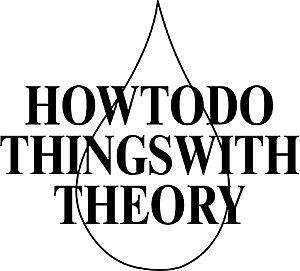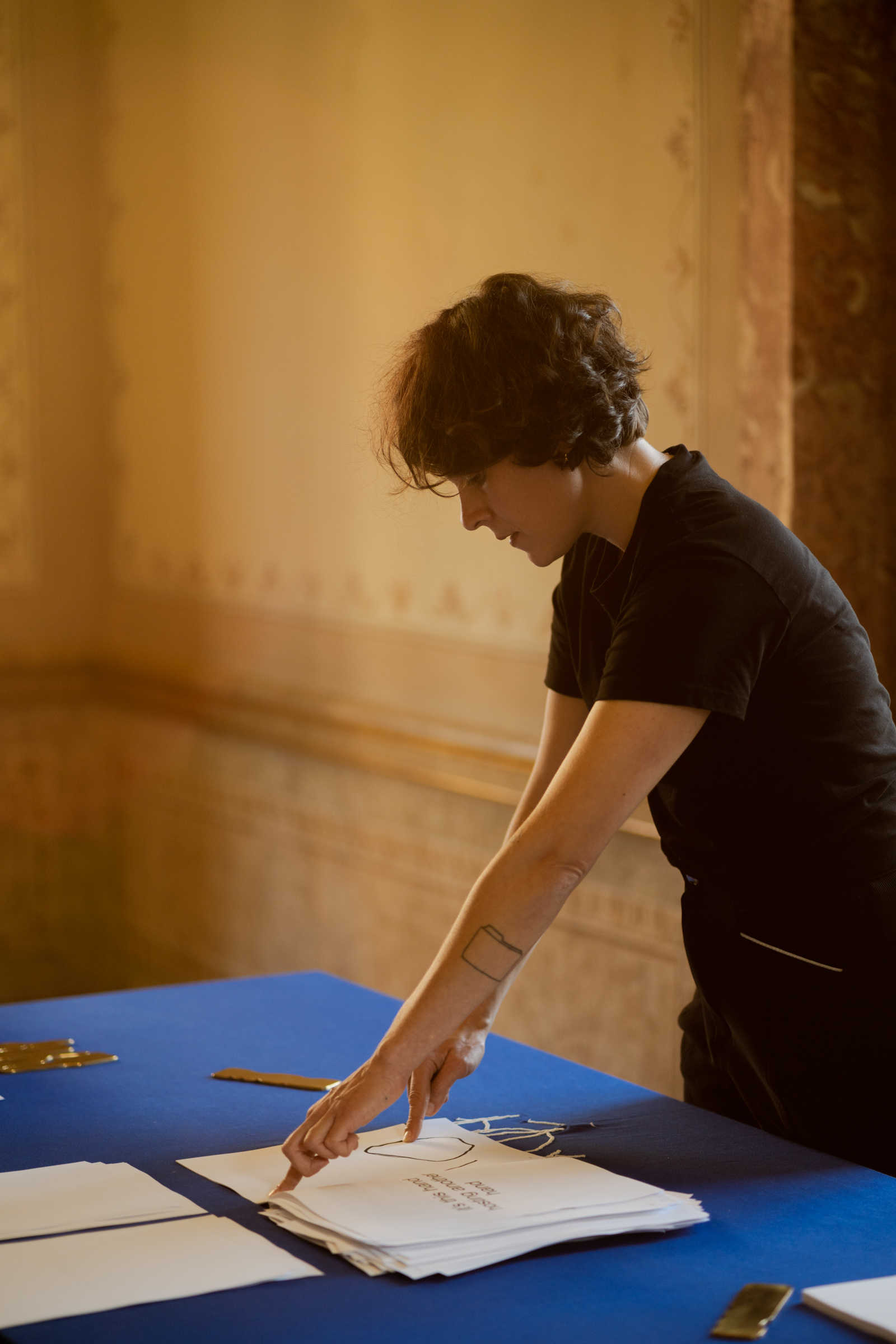Clara Amaral: The World as a Book: Expanding the Field of Reading and Writing Through a Worldly Feminist Practice
Thesis Supervisor: Rachel O’Reilly
Thesis: The World as a Book: Expanding the Field of Reading and Writing Through a Worldly Feminist Practice
Arnhem, October 2019
Abstract
In this thesis, I consider literary theories that offer challenging ways of reading and writing the world, as well as how certain literary theories can support us (as writers and readers of the world) to practice ways of writing and reading that avoid the oversimplification of the world, valuing a multiplicity of discourses and a complex view of the world.
In order to do so, I turn to a worldy feminist critique, to be able to complexify my readings of the world and the self. I begin with time itself, using political philosopher Victoria Browne’s critique of history, which calls for a multilinear and multidirectional understanding of historical narrative. This leads me to American philosopher and gender theorist Judith Butler, who writes about the narration of the self, in which she too calls for a multilayered understanding of the “I.” Finally, on a structural level, I turn to Indian scholar, literary theorist and feminist critic, Gayatri Spivak, to position who offers an anti-imperial frame for the proceeding feminist theories. Placing feminism in an anti-imperial framework is essential for the context of this thesis because it allows me to distance feminism from imperial practices and understand the reach of imperialism on feminism. After complexifying our understanding of time and the subject with the help of a worldy feminist critique, I then consider the need for literary formats that can host such complexity. This leads me into the second part of this thesis in which, drawing from literary theory, I will discuss the importance of plurality in the space of the writing. To do this, I address the notion of what Roland Barthes calls “the writerly text,” a text that allows for a variety of significations and a plurality of ways to enter the text.
In what follows, I discuss the importance of a critical understanding of a reading practice through Edward Said’s concept of “contrapuntal reading.”’. Said establishes a clear connection between culture and empire, arguing that the former disseminates the latter. Contrapuntal reading is a modality of critical reading that allows us, as readers, to revisit literature with the awareness and the desire to include everything that was left out by the author of a work. Using both theories, I desire to augment our understanding of what it means “to read and write”differently, through an enlargement of both critique and possibility, not only in the space of the book and the page but also in the world.
Author: Clara Amaral


